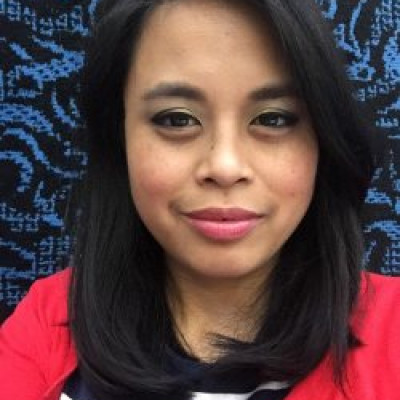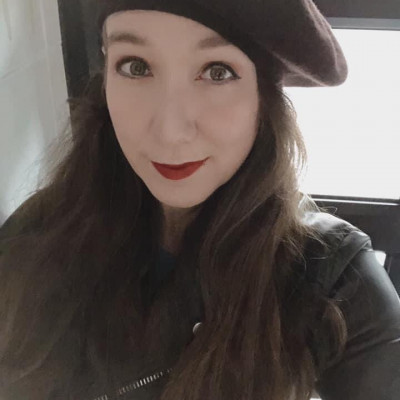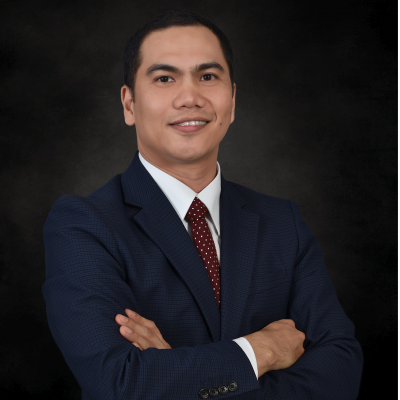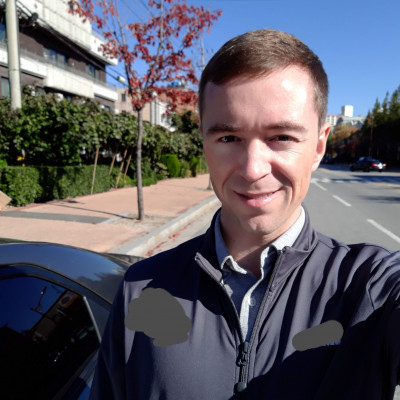Sessions / Room RR

Why Do(n’t) Foreign English Teachers Learn Korean? A Narrative Study #1052
Ask around, and you will find many foreign English teachers in Korea who think their Korean “should be better.” But what does this mean? Better for what? What motivates foreign teachers to learn Korean? And why do some teachers end up going much further with Korean than others? This presentation will provide some answers to these questions. The presenter, a (formerly) committed learner of Korean, will outline the results of a narrative study on the Korean learning experiences of foreign teachers. He will show how these teachers narrated their Korean learning motivations, and he will relate their narratives to several current motivational theories. At issue in this presentation is the influence of identity, social/romantic connections, beliefs about language learning/teaching, and formal and informal Korean learning experiences on motivation. This presentation will be of interest to those who wonder why some language learners ultimately achieve greater competence than others.


Creating a Hybrid Class, from the Pre-Pandemic to the Pandemic Era #1004
The presenters will share tips and tricks to create a well-organized flipped classroom that invites student participation and produces marked improvement in speaking skills. All meta-skills are utilized in this active, student-centered hybrid teaching style. Learning objectives are focused on developing confidence and fluency as well as providing attention to pronunciation and intonation and incorporate methods for providing corrective feedback derived from a pedagogy emphasizing student-centered learning, metacognition, and student self-reflection. The presenters have been working together over the course of several semesters, both pre-pandemic to teach freshman speaking skills in hybrid classrooms offline using Google classroom, and during the pandemic in real-time, online classes using a university LMS. Workshop attendees can glean takeaways shared on challenges faced and solutions discovered in the process of flipping a class and moving a class online, as well as have opportunities to discuss their own classes with other teachers who have similar goals.

Successful Scaffolding Tasks for Teacher, Peer, and Self Writing Assessments #1101
Language teachers have used various mobile applications in technology-mediated approaches to improve writing skills, both through in-person and remote settings. Recently though, amidst the coronavirus pandemic, teachers have realized the importance of synchronous and asynchronous mobile applications to foster a more responsive learning environment. Specifically, software applications for video self-recordings to assess writing performance have been used as leverage to effectively engage students beyond the classroom through a scrutiny of their own learnings, thoughts, and actions (Ong, 2000). This presentation offers successful, classroom-tested ways to meaningfully use asynchronous scaffolding writing tasks through digital portfolios in promoting more self-directed learning via teacher feedback, peer review, and self-assessment (Flavell, 1979). Practical classroom steps on how to guide students in self-monitoring their own progress, in constructing meaning from content learned and from the process of learning it, and applying learnings to other settings will be highlighted.

Developing a Classroom Culture of Trust During Trying Times #1007
After the whirlwind of 2020, we savor simple academic mainstays: students keep studying; teachers keep teaching; we all keep learning. As educators on the ELT frontlines, let’s boldly advance, in solidarity, together. Yet with so many unknowns, are we sure students will join us? During trying times, how should we design a classroom culture that promotes student buy-in? Altogether, our classrooms must be SURE: Supportive, Unforgettable, Reliable, and Effective. To cover these bases, online or offline, trust becomes imperative. Qualitative analysis of the past four semesters, including quantitative data and written feedback from over 500 student surveys, has shaped the aims of this workshop: to highlight best practices around cultivating student trust and brainstorm classroom culture goals for 2021. Attendee input is highly encouraged. As the four SURE components are introduced through recent examples, participants will discuss and personalize the concepts in small groups. Let’s enhance our knowledge all together.

TOEIC Speaking Tasks for Building Communicative Competence in the Classroom #1018
Integrating TOEIC material in the classroom can be difficult due to varying goals, needs, expectations, and knowledge about the test. This workshop will give basic background about the TOEIC Speaking tasks and show teachers ways to adapt these tasks for use in their communicative classroom as classroom activities and assessment tasks. The presenter will draw on his experience both with ETS and in the classroom to share practical ideas that will give students TOEIC Speaking practice while not straying from the communicative activities that they already do in the classroom. Teachers will leave the workshop with ideas to create tasks that focus on pronunciation and prosody, basic grammar and vocabulary, synthesizing and responding to oral and visual information, and expressing and supporting ideas.